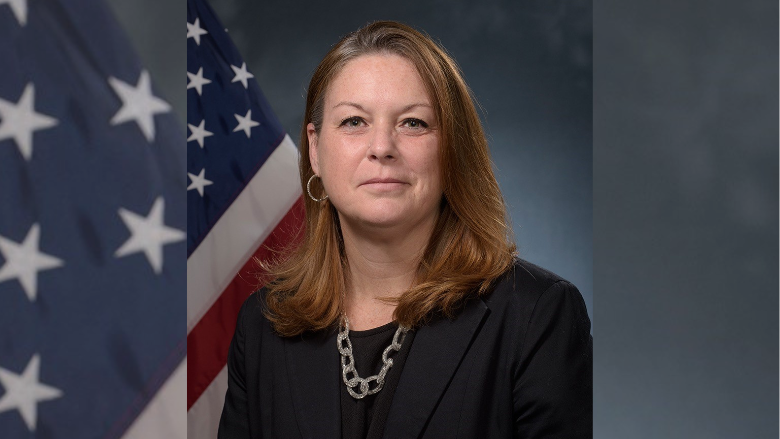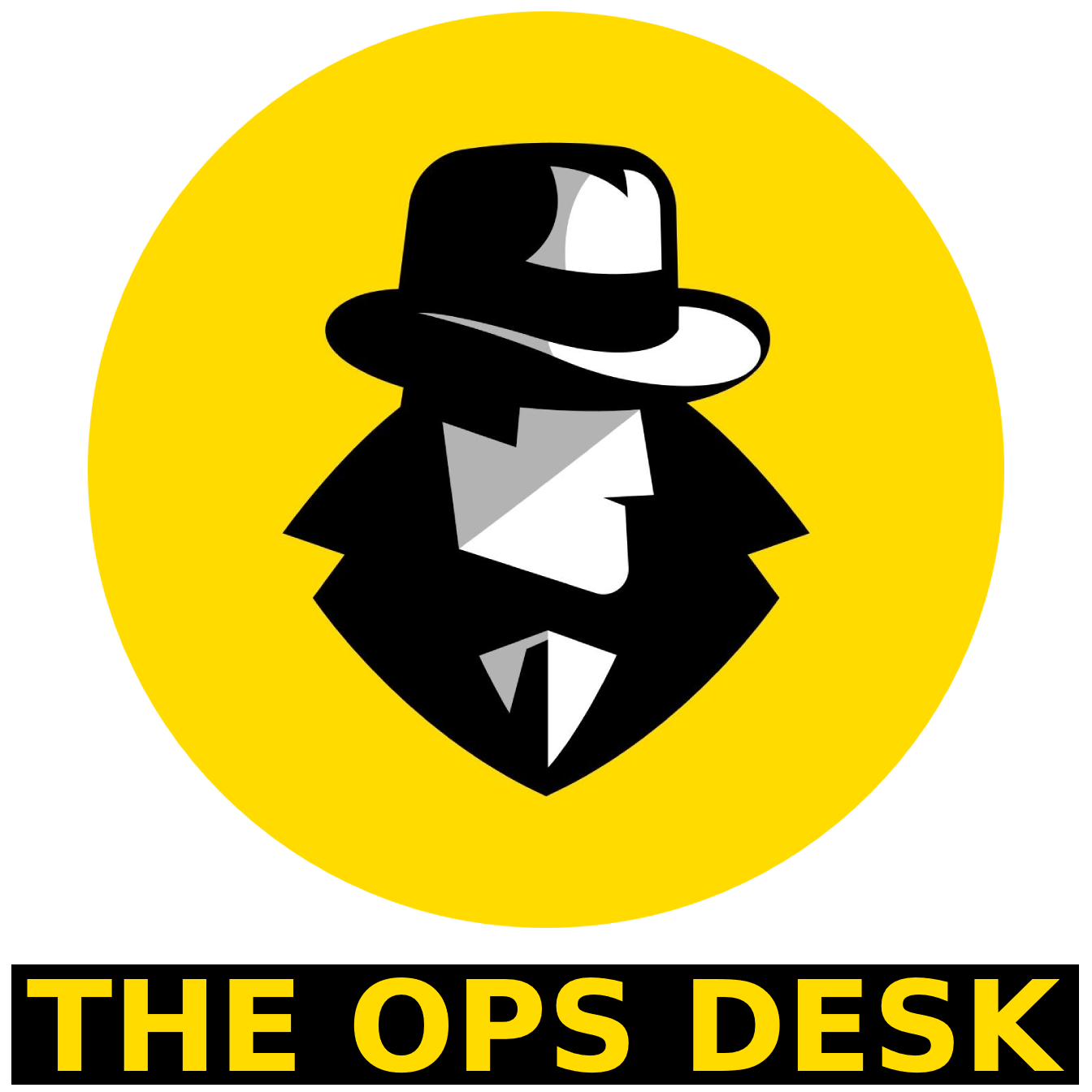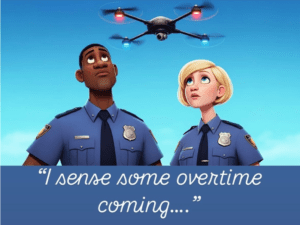U.S. Secret Service leadership continues to fail it’s personnel – and us
by
Matthew Pontillo

With this second apparent attempt on Donald Trump’s life, it’s time to recall the response of U.S. Secret Service leadership to the first event. For if the response to the first attempt had been well-handled – it’s likely the second attempt never happens.
On July 22nd, the House Committee on Oversight and Accountability held its highly anticipated hearing on the attempted assassination of former president Trump on Monday. The Director of the Secret Service, Kimberly Cheatle, accomplished something I didn’t think was possible – she united the Congress.
Representatives across the ideological spectrum, from Chairman Comer to Ranking Member Raskin, from AOC to Marjorie Taylor Greene, demonstrated unwavering bipartisan consensus that the Secret Service was responsible for catastrophic failures, information was not forthcoming and the director needed to resign.
Even before the first question was asked, Ms. Cheatle asserted a falsehood in her opening statement. She said, “since January First 2024, the Secret Service has successfully [emphasis added] secured over seventy-five hundred sites.” She cannot possibly know that those efforts were successful. Just because no bad actors exploited security failures at other events, doesn’t mean that those operations were a success.
During the hearing, Director Cheatle appeared detached, evasive and at times defiant. She excused her lack of detail on open investigations and the recency of the incident. It’s all too common for organizations to hide behind open investigations. The FBI is conducting a criminal investigation into the shooter, which did not inhibit the director’s ability to examine the role of her agency in the events that led up to that shooting. This includes visiting the site – at least once. There is no substitute for actually walking a crime scene.

Former USSS Director Kimberly Cheatle — currently in Witness Protection
In contrast, we now know that the shooter visited the site three times to include flying a drone 200 yards from the stage just two hours prior to the start of the rally. This points to another potential failure with the site surveys and sweeps conducted prior to the event: Namely, the ability to detect, deter and disrupt a bad actor’s pre-operational surveillance and “practice moving-to-target.” The shooter, without military training and experience, was way too comfortable navigating the site.
That lack of pre-operational surveillance seems almost certain to have occurred yet again at the Trump International Golf Course.
Director Cheatle rebuffed suggestions that she resign stating that she was the “right person” to lead the Secret Service through this crisis. Less than 24 hours after the hearing, she resigned her post. In her resignation announcement, she wrote that she takes “full responsibility for the security lapse.”
Security lapse? That’s like saying the Titanic took on some water.
Cheatle also attempted to portray herself as some sort of heroic figure. She wrote, “I do not want my calls for resignation to be a distraction from the great work each and every one of you do towards our vital mission.” The “right person” would not be dissuaded by distractions – this is about the failure of leadership and could be symptomatic of larger cultural issues within the organization. The statement implies that it’s not really her fault but she’s taking one for the team.
Why continue to spill ink on this topic following the director’s resignation? The resignation was a necessary first step but it only scratches the surface of more deep-rooted problems. The Secret Service doesn’t have the luxury to pause operations while it corrects course. They are responsible for the security of a sitting president, presidential candidates, visiting heads of state and several upcoming National Special Security Events (including next week’s UN General Assembly in New York).
In the near term, the Deputy Director Rowe has assumed command of the agency. President Biden has promised to appoint a new director “soon” – if he can find someone willing to assume the mantle for the remaining months of the administration.
Leadership transitions in large organizations generally entail briefings, policy reviews, focus groups, retraining, re-engineering plans and personnel changes – all in the midst of internal and external investigations. This bureaucratic morass threatens to circumvent and delay meaningful reform – a morass that may well have led to another lone gunman getting within firing range of a former president and current candidate.
Overcoming organizational inertia can be daunting. The new leadership needs to understand that they don’t have the luxury of time – it is imperative to convey a sense of urgency throughout the agency and empower subordinates to take the initiative. These near-miss attempts on Donald Trump’s life cannot continue. Luck is not a method.
The failures inside the USSS that have already been exposed, if embraced, can provide a useful roadmap to instituting immediate reforms. The men and women of the Secret Service, Donald Trump and his family, and the citizens of the U.S. deserve no less.

Thanks for reading The Ops Desk. Stay Safe!









